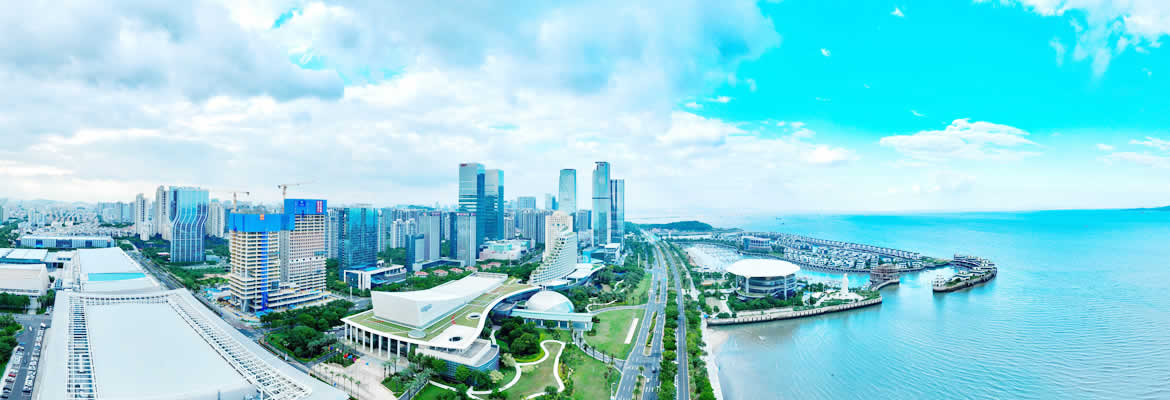Kitchen stone countertops have become a top choice for modern kitchens, seamlessly blending aesthetic appeal with functionality. Crafted from natural or engineered stone, these countertops offer a plethora of benefits that enhance both the look and usability of your culinary space.
Natural stone options, such as granite, marble, and quartzite, showcase unique veining and color variations, making each countertop a one-of-a-kind masterpiece. Granite, for instance, is renowned for its durability and resistance to heat, scratches, and stains, making it ideal for heavy kitchen use. Marble, on the other hand, exudes elegance and sophistication, although it requires more maintenance due to its porous nature. Quartzite combines the beauty of marble with the durability of granite, offering a perfect balance for those seeking both style and resilience.
Engineered stone countertops, like quartz, are manufactured by combining natural stone particles with resin binders. This process results in a non-porous surface that is highly resistant to stains, bacteria, and scratches. Quartz countertops come in a wide range of colors and patterns, allowing you to customize your kitchen's look to suit your personal style. They are also low-maintenance, requiring only regular cleaning with mild soap and water.
One of the key advantages of kitchen stone countertops is their versatility. They can be used in various kitchen applications, including kitchen islands, backsplashes, and breakfast bars. Stone countertops also add value to your home, making them a wise investment for homeowners.
In addition to their aesthetic and functional benefits, kitchen stone countertops are environmentally friendly. Natural stone is a renewable resource, and engineered stone countertops are often made from recycled materials. Choosing stone countertops for your kitchen is not only a stylish choice but also a sustainable one.
To ensure the longevity of your kitchen stone countertops, it is important to follow proper maintenance guidelines. Regular sealing of natural stone countertops helps prevent stains and damage, while avoiding abrasive cleaners and harsh chemicals will keep the surface looking its best. With proper care, your kitchen stone countertops will continue to beautify your kitchen for years to come.
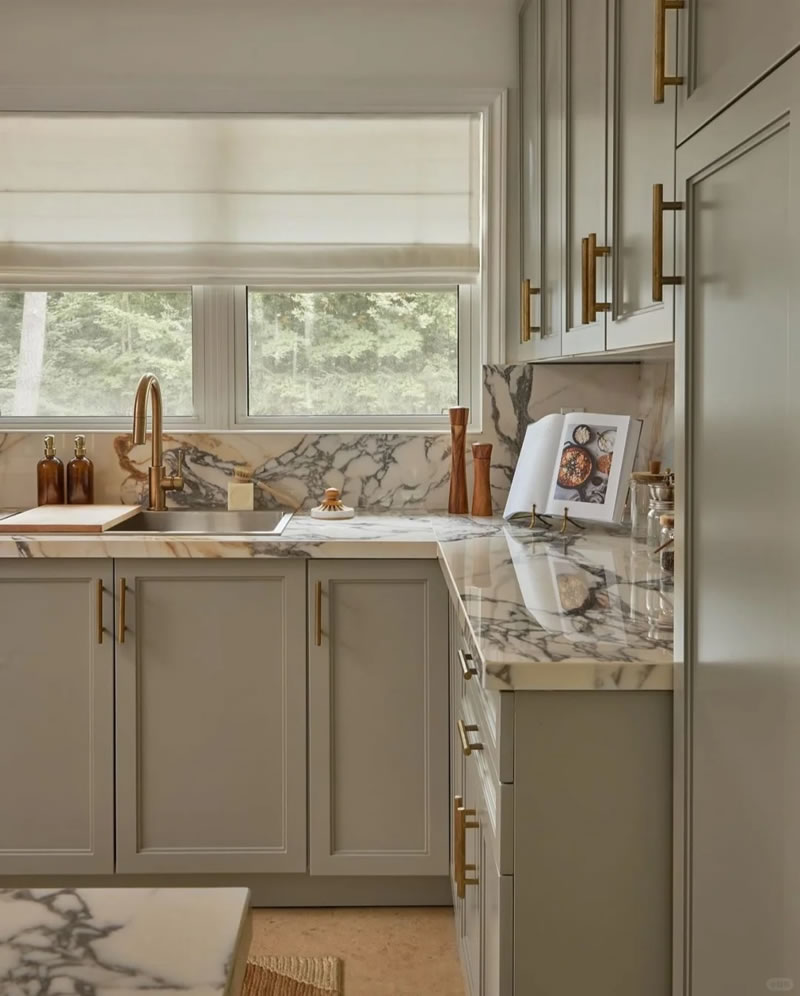
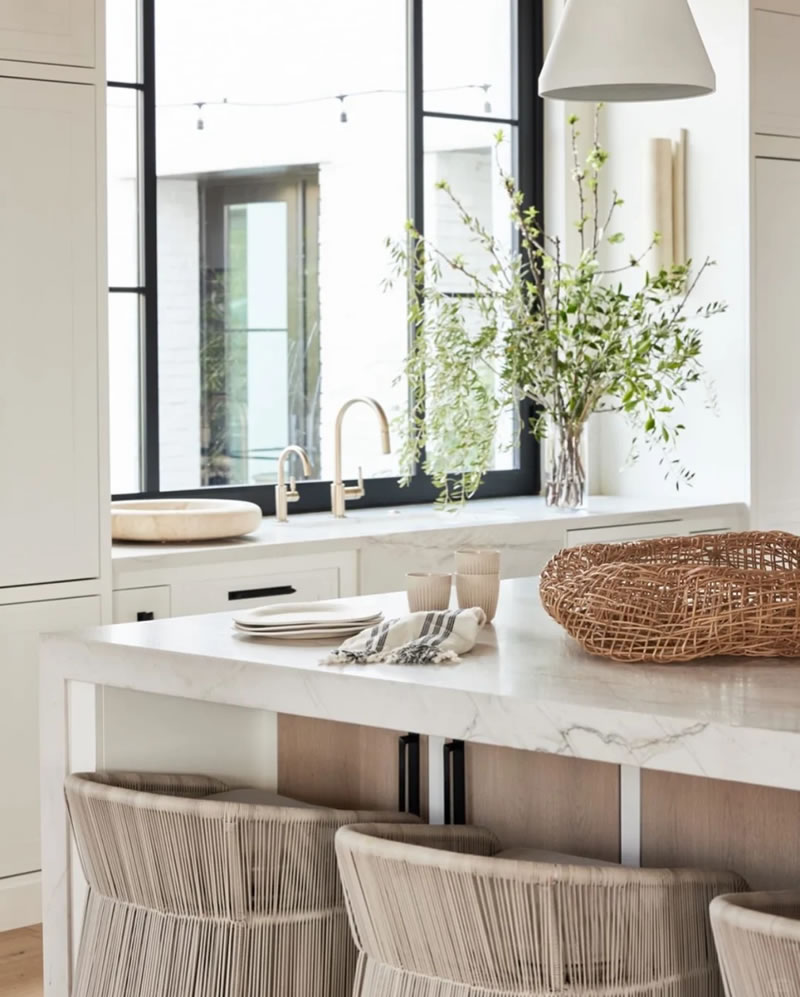
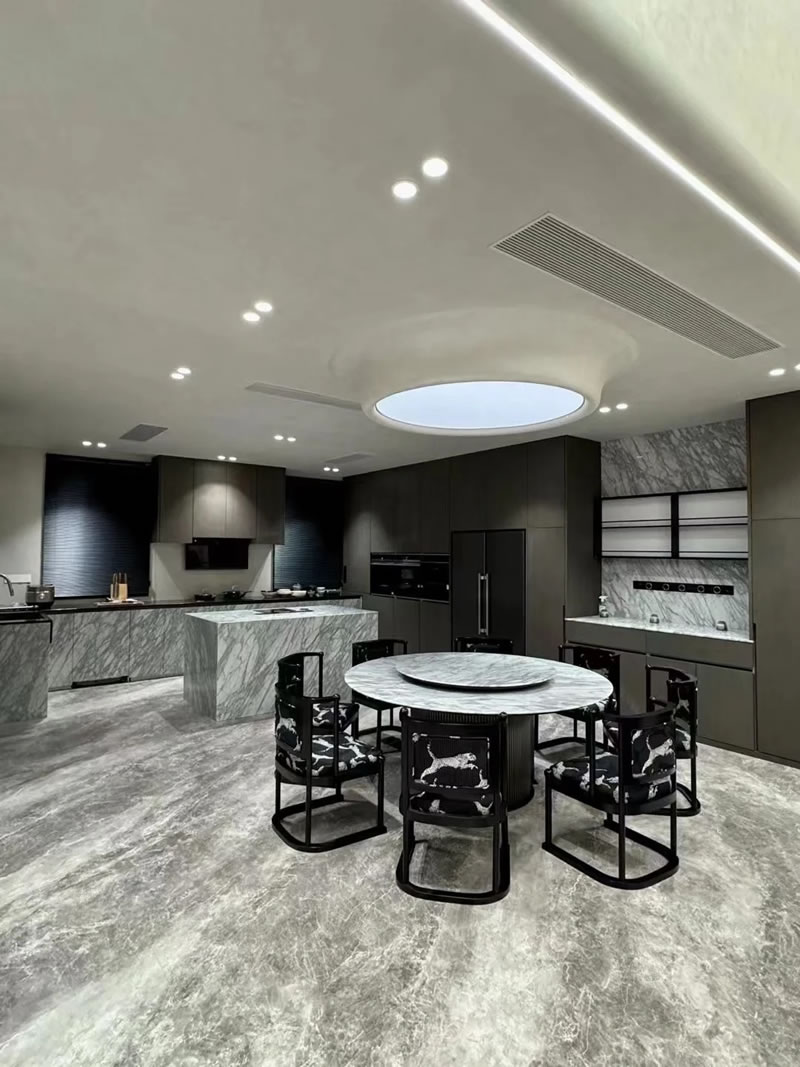
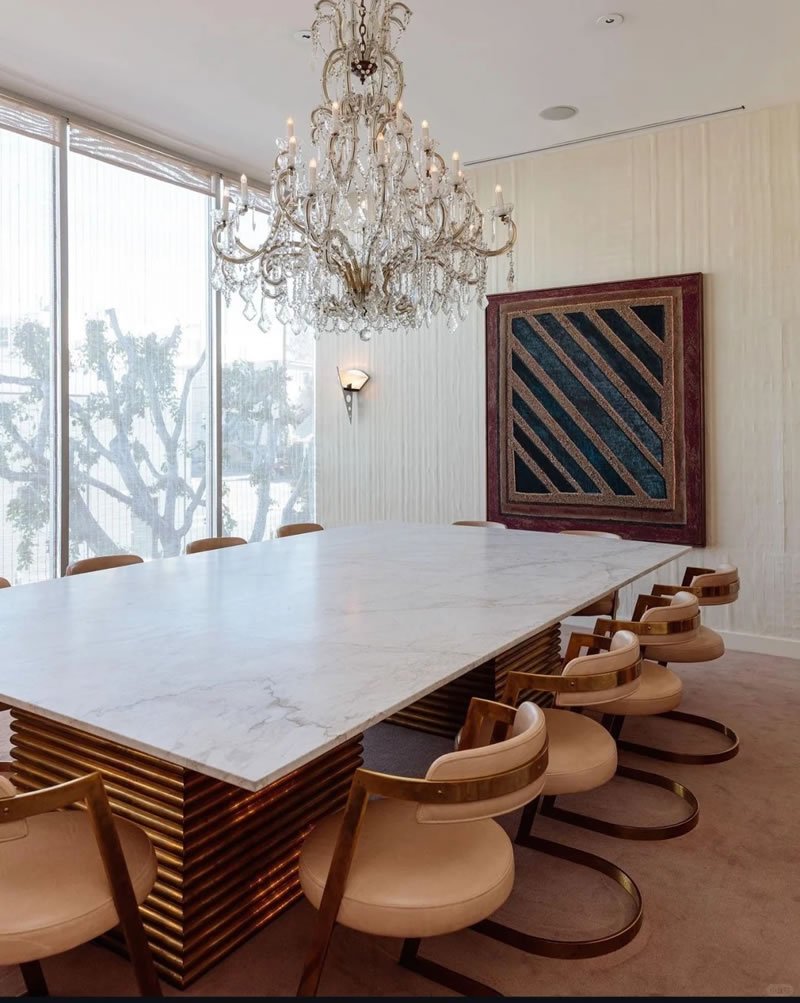
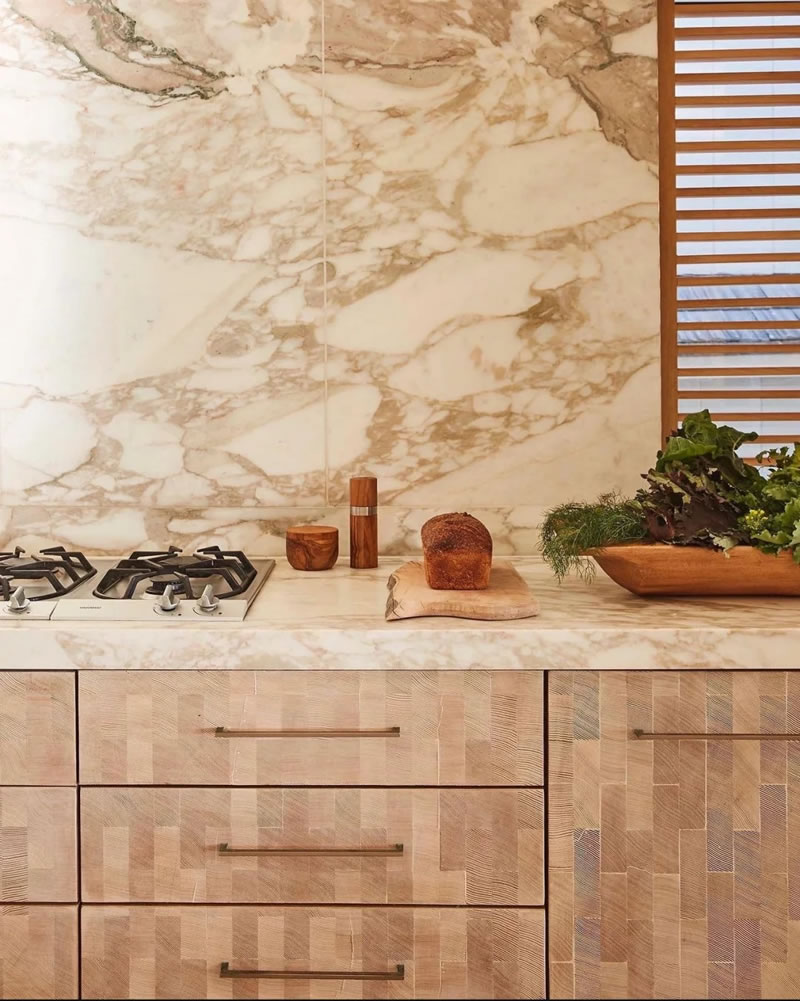
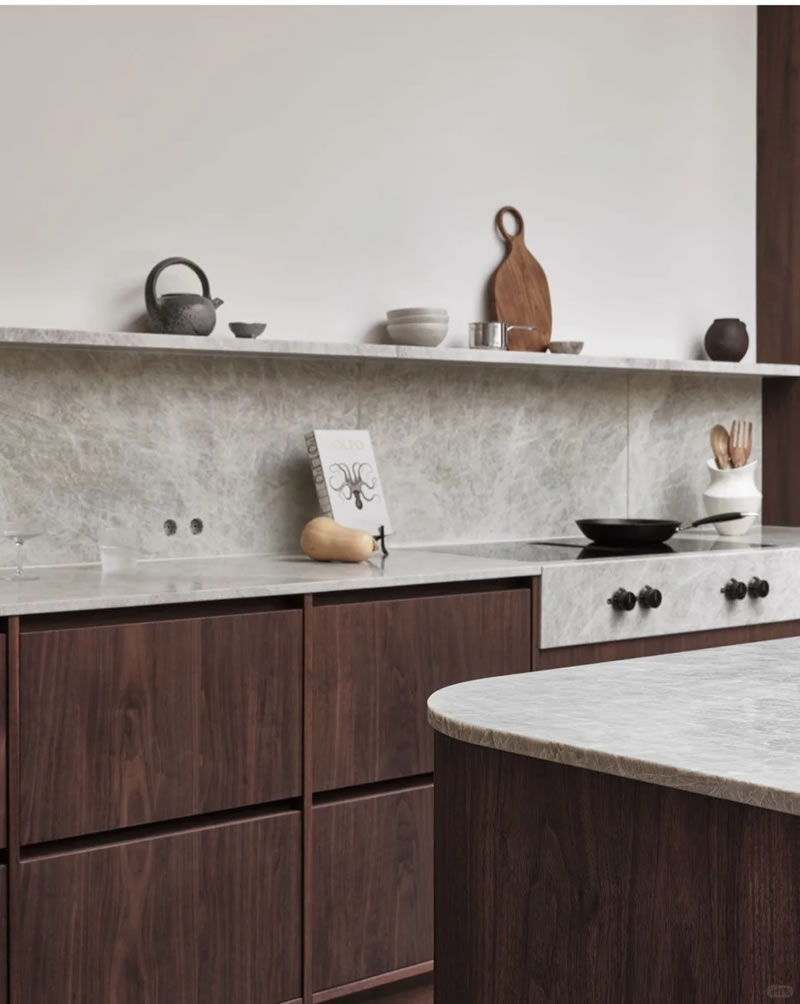
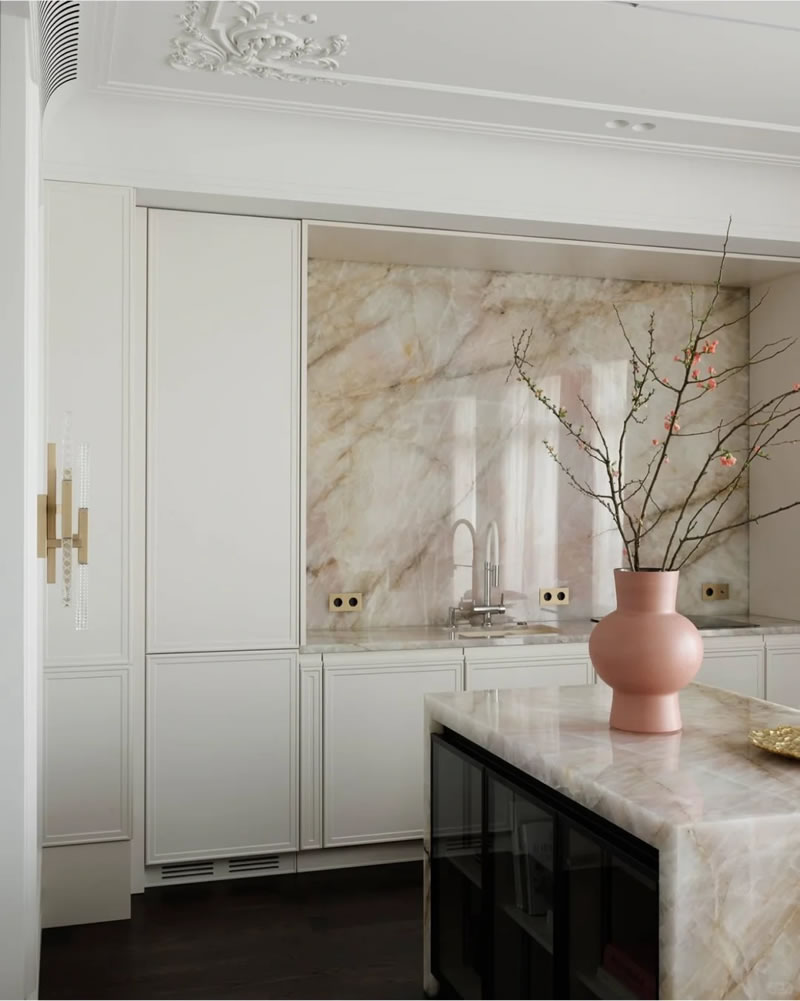
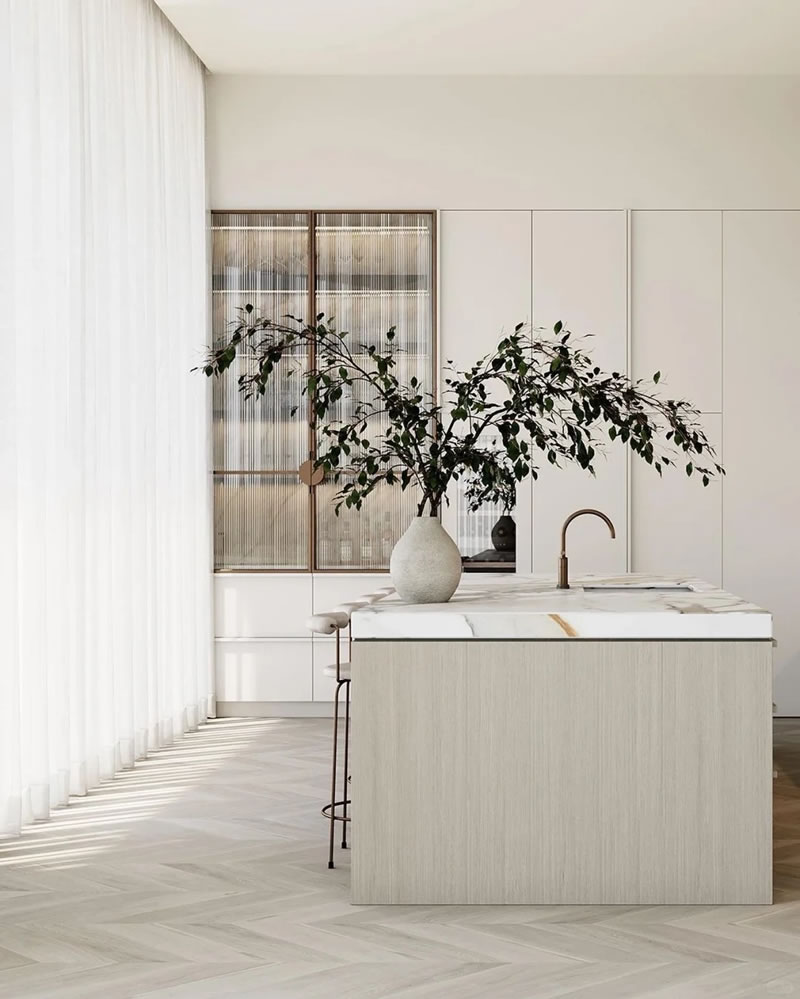
Kitchen Countertop Materials: The Ultimate Guide (2024)
Choosing the right countertop material is crucial for functionality, aesthetics, and durability. Here’s a breakdown of the best kitchen countertop materials, their pros and cons, and ideal uses.1. Quartz (Engineered Stone)
✅ Pros:- Non-porous (no sealing needed).
- Stain, scratch, and heat-resistant.
- Huge variety of colors/patterns (mimics marble, concrete, etc.).
- Low maintenance.
- Not 100% heatproof (avoid direct hot pans).
- Higher cost than laminate/granite.
2. Granite (Natural Stone)
✅ Pros:- Extremely durable (heat & scratch-resistant).
- Unique natural patterns.
- Adds home resale value.
- Requires periodic sealing.
- Heavy (needs strong cabinetry).
- Limited color consistency.
3. Marble (Natural Stone)
✅ Pros:- Timeless elegance (veining looks luxurious).
- Naturally cool (great for baking).
- Porous (stains easily—wine, oil, coffee).
- Scratches and etches over time.
- High maintenance.
4. Solid Surface (Corian, etc.)
✅ Pros:- Seamless installation (no grout lines).
- Repairable (scratches can be sanded out).
- Affordable compared to stone.
- Not heat-resistant (can melt/warp).
- Less premium look than quartz/marble.
5. Butcher Block (Wood)
✅ Pros:- Warm, rustic charm.
- Can be sanded & refinished.
- Great for cutting/prepping food.
- Requires regular oiling.
- Vulnerable to water damage & bacteria.
6. Stainless Steel
✅ Pros:- Ultra-hygienic (great for commercial kitchens).
- Heat & stain-proof.
- Modern, industrial look.
- Shows scratches/dents.
- Noisy (loud when placing dishes).
7. Concrete
✅ Pros:- Custom shapes, colors, and textures.
- Heat & scratch-resistant (when sealed).
- Cracking possible over time.
- Requires frequent sealing.
8. Laminate
✅ Pros:- Most budget-friendly.
- Easy to clean.
- Many colors/patterns (even stone-look).
- Not heat-resistant (can burn/melt).
- Scratches/chips easily.
Comparison Table
| Material | Cost (per sq. ft.) | Durability | Maintenance |
|---|---|---|---|
| Quartz | 150 | ★★★★★ | Low |
| Granite | 120 | ★★★★☆ | Moderate |
| Marble | 250 | ★★★☆☆ | High |
| Solid Surface | 100 | ★★★☆☆ | Low |
| Butcher Block | 100 | ★★☆☆☆ | High |
| Stainless Steel | 200 | ★★★★☆ | Low |
| Concrete | 150 | ★★★☆☆ | High |
| Laminate | 60 | ★★☆☆☆ | Low |
Which One Should You Choose?
- Best Overall: Quartz (durable + low maintenance).
- Luxury Pick: Marble (if you don’t mind upkeep).
- Budget Pick: Laminate (or butcher block for warmth).
- Chef’s Choice: Stainless Steel or Granite.
-


